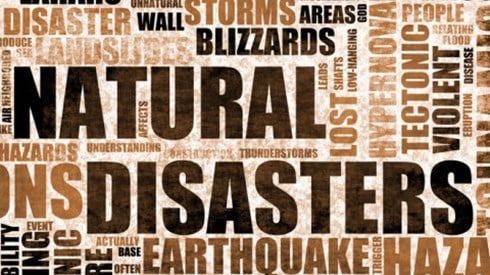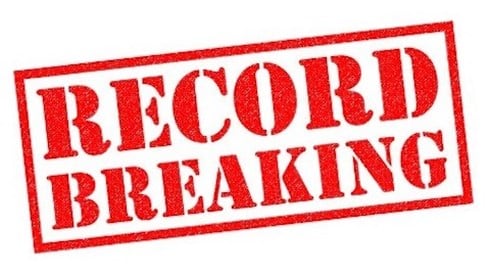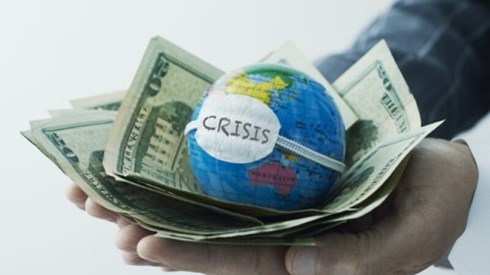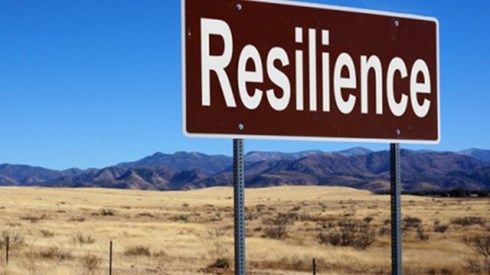Industry Well-Capitalized for Catastrophes but Further Price Hikes Likely

September 18, 2020

A new report from Kroll Bond Rating Agency (KBRA) suggests that the (re)insurance industry remains sufficiently capitalized and is generally well-positioned to manage through current catastrophes, including hurricanes, wildfires, and the COVID-19 pandemic.
The continuing increase in hurricanes' severity will lead to another year of high catastrophe losses for insurance companies, KBRA said, while wildfires in western states on top of the wildfire losses of recent years will likely further challenge homeowners insurance in affected states.
KBRA also cited the potential for "human-made catastrophes" that could affect insurers in the near-term, such as the possibility of new laws or court decisions related to business interruption claims associated with the COVID-19 pandemic.
"In our view, recent events and future cat-related losses will continue to support pricing increases in many lines and will likely also lead to changes in terms and conditions as well as product structure," the KBRA report said.
The KBRA report noted that with the existence of Hurricanes Paulette and Sally, Tropical Storms Teddy and Vicky, and Tropical Depression Rene, 2020 is only the second time in history that there have been five active tropical cyclones at the same time. September is typically the month that hurricanes most frequently make US landfall, KBRA noted, leaving plenty of time for the 2020 Atlantic hurricane season to meet experts' forecasts of an "extremely active" season.
Based on the year's storms so far, insured losses for this year's hurricane season will be in the multibillion range, KBRA said.
KBRA said that given this year's hurricane season, the wildfires, and COVID-19-related losses, 2020 insured catastrophe losses should exceed those of 2019 and cited Guy Carpenter statistics that global catastrophe and pandemic losses could reach $160 billion, making it the costliest global loss year on record.
In response, reinsurance pricing is expected to continue increasing, and renewals could become more challenging, KBRA said.
September 18, 2020



